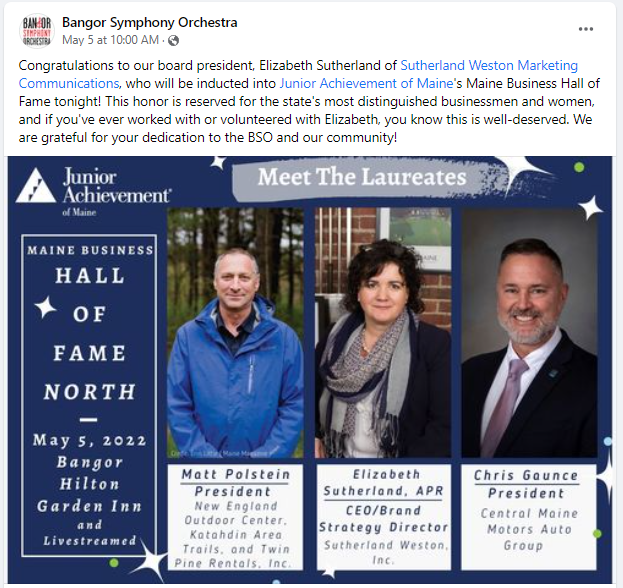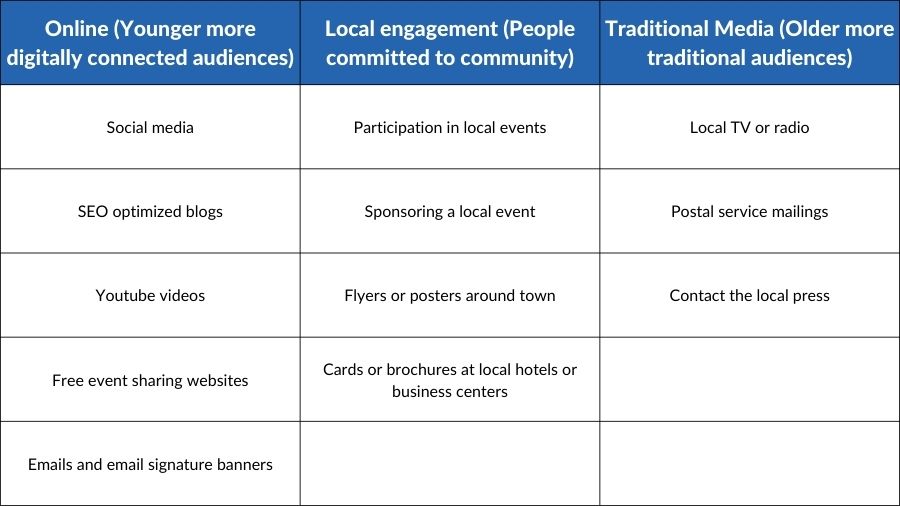Grow Your Program
How To's
4 Secrets To Help Sell More Arts Education Classes

You want to reach new audiences with your arts education classes, but you’re not sure how to start. You have a small, dedicated student population, but you’re struggling to reach people outside that circle. It’s like there’s some secret to class marketing that you haven’t unlocked. Are you often wondering, how do I market my art classes? If that sounds familiar, we have good news.
While working with arts education programs across the country, we’ve uncovered the secrets that can help you sell more classes. These four secrets will help you find more students and convince them to register. So, what are you waiting for? Let’s get started.
Secret #1: Students Have Multiple Motives For Enrolling
Why do your students register for your classes? You might think they’re looking for something fun to do or a way to occupy their kids for a few hours, but there are many other places to find fun and diversion. They could watch TV, read a book, or kick a ball around. Why are they choosing your class instead?
The big secret is that students enroll in your programs for many reasons. Your marketing needs to show them how your classes help meet their goals or fulfill their desires. You’ll need to help them justify the time and investment of enrolling. Especially for adults, fun often isn’t enough.
Consider their practical and professional wants and needs. How do your arts classes help them perform better at work, be better parents, or expand their opportunities?
Here are few examples:
- Group classes are an opportunity to connect and build relationships
- Acting and improv classes improve communication skills and confidence
- Kids art classes pull kids away from their screens and improve academic performance
- Creative outlets help adults handle stress so they can perform better at work and at home
- Creativity was the most in-demand soft skill in 2020 and has ranked among the top five for years.
You can put this secret to work for you by using this data in your marketing messages. Try reaching out to businesses, the chamber of commerce or other professional organizations. Include the benefits in class titles and descriptions. For example, “Intro to Acting” could be rebranded as “Become a Better Communicator Through Acting.” Who knows, you might even attract an entirely new audience.
Secret #2: Most Of Your Students Are Local
Google Trends data shows that most people who search for arts classes add the words “near me” to their query. In fact, the number-one search query related to “art classes” is “art classes near me.” That means you need to target your marketing locally.
Your social media, online presence, and any paid advertising you do should be grounded in your community. That’s great news, because you know this place and these people. You most likely live and work in the same community as your students. So you know what’s important to them.
Use this secret to your advantage by:
- Optimizing your website for near me searches by updating your Google Business profile, including your address, and creating location-based web pages.
- Building campaigns around local happenings (art walks, festivals, etc.) by getting a booth at these events, sponsoring them, or getting involved in promotion efforts.
- Highlighting local people, partners, and programs in your social media posts and advertisements.
You can even ask local leaders to be the face of a particular class. Publishing a photo of a well-known business leader or beloved member of your community alongside a short quote about their experience can help attract people to your program.
And don’t forget to publicly congratulate your students, staff and board members on their achievements. In the example below, the Bangor Symphony congratulates a board member on her nomination for a local award. By tagging the award organization they put their programs in front of a wider audience.

Secret #3: Peer Pressure Can Work In Your Favor
As mentioned above, most of your registrations probably come from people in the community. That means testimonials and reviews are extra powerful for your arts education program.
Why? Because prospective students may know your former students in real life. They could work together, volunteer in the same programs or have children in the same school.
Testimonials from people like that are like recommendations from friends and colleagues.
So collect and share testimonials wherever you can, including:
- Social media posts
- On your website
- In your printed course catalog
- On signage and posters
- Through email
- With SMS text messages
If you have the budget, you might even experiment with local radio or TV ads featuring well-known members of your community.
You can collect feedback and testimonials by asking students to fill out a feedback sheet during a class, send an email when the class is complete, or reaching out to select students directly over the phone.
Secret #4: Social Media Is Not Enough
Just posting on Facebook isn’t enough to sell your arts education courses. No single channel is strong enough to get the word out alone.
If you’re relying exclusively on social media, you’re probably missing part of your audience. The same is true if you’re only advertising in the paper or only putting up flyers around town. To reach the broadest number of people, try applying one or two of the strategies from each list below.

All of these are useful places to promote your community education arts classes, but none of them can stand alone. Combining several will give you the broadest reach.
There are also some higher investment strategies you might try if you really want to increase visibility for your programs:
- Guest on a podcast
- Create an art installation in town
- Host a student showcase
- Sponsor an art walk or festival
Remember Registration Has To Be Easy!
These four secrets can help draw people to your programs, but to make sure they register you need to make registration easy. That’s where CourseStorm comes in.
We offer impossibly simple registration software. An intuitive registration process and customizable forms means interested learners will stick with you through the registration process. Plus, we’ll help you create a profile for each learner to make repeat registrations a snap.
Contact us to learn more about how your arts education classes can use CourseStorm to register more students. Or start your free trial today.

Nic Lyons
Nic is skilled in scaling start-up edtech and education organizations to growth-stage success through innovative marketing. A former journalist and copywriter, Nic holds a postgraduate certificate in digital and print publishing from Columbia University School of Journalism's publishing course.
